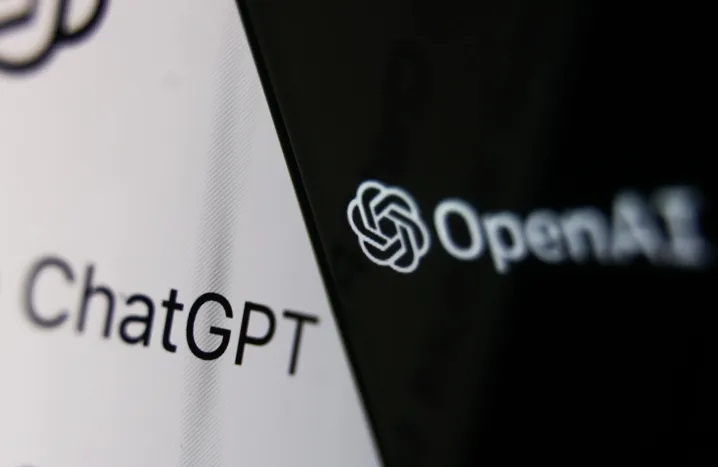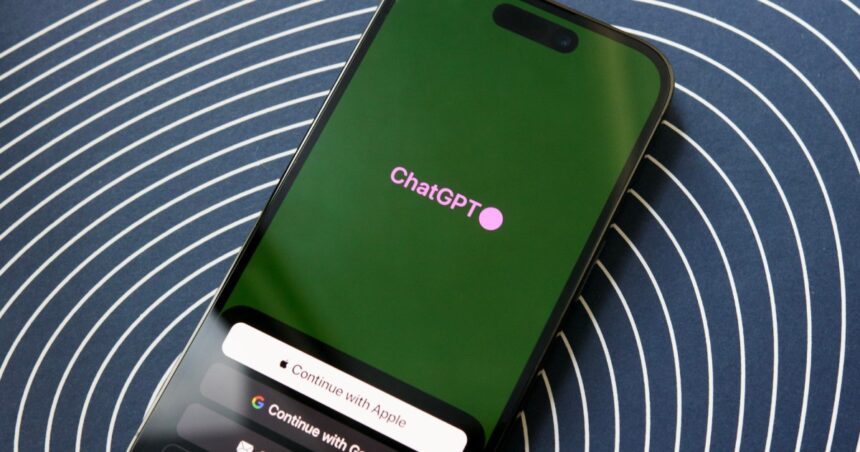
Not a day seems to go by now without generative-AI products like ChatGPT making the news, but few people are making regular use of the tools, a new study suggests.
Carried out by the Reuters Institute and Oxford University and involving 6,000 respondents from the U.S., U.K., France, Denmark, Japan, and Argentina, the researchers found that OpenAI’s ChatGPT is by far the most widely used generative-AI tool and is two or three times more widespread than the next most widely used products — Google Gemini and Microsoft Copilot.
But despite all the hype surrounding generative AI over the last 18 months, only 1% of those surveyed are using ChatGPT on a daily basis in Japan, 2% in France and the UK, and 7% in the U.S. The study also found that between 19% and 30% of the respondents haven’t even heard of any of the most popular generative AI tools, and while many of those surveyed have tried using at least one generative-AI product, only a very small minority are, at the current time, regular users deploying them for a variety of tasks.
Not surprisingly, it’s younger people who are much more likely to be using generative AI tools regularly, the study found. Bringing all of the data together, 56% of those aged between 18 and 24 said they’ve used ChatGPT at least once, compared to just 16% of those aged 55 and over.
About 24% said they’ve used generative AI tools to obtain information, while 28% said they’ve used it to create various kinds of media, including text, audio, code, images, and video.
The research team concluded that going forward, “some use will be driven by people seeking out and using stand-alone generative AI tools such as ChatGPT, but it seems likely that much of it will be driven by a combination of professional adaptation, through products used in the workplace, and the introduction of more generative AI-powered elements into platforms already widely used in people’s private lives, including social media and search engines, as illustrated with the recent announcements of much greater integration of generative AI into Google Search.”
It also noted that much of the public is still unsure “whether, on balance, generative AI will make their own lives and society better or worse,” a viewpoint it described as understandable, “given many are not aware of any of these products, and few have personal experience of using them frequently,” though it added that younger people and those with higher levels of formal education, who are also more likely to have used generative AI, “are generally more positive” about the fast-developing technology.
Editors’ Recommendations

